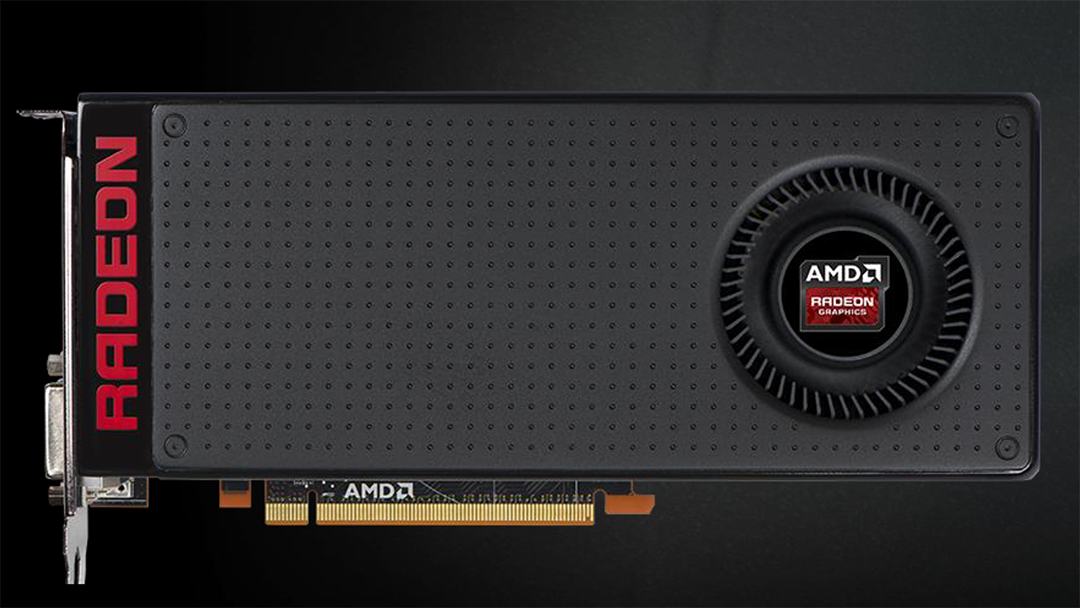AMD promises a graphics revolution with new Vulkan-powered Radeon driver
Standing on the shoulders of Mantle

AMD has announced the release of the Vulkan 1.0 spec, an API built from the company's Mantle GPU tech. It means that Vulkan will soon be packaged into a beta version of the firm's Radeon driver for its graphics cards.
This new driver, the company claims, will enable game devs to "remove historical software bottlenecks" and deliver "new, rich visual gaming experiences", no less.
So how does all this work? Essentially, Vulkan is designed to be a low-overhead graphics API (application programming interface). The lesser overheads it delivers in comparison to OpenGL mean a lighter background load for the GPU and CPU – meaning that this spare power can be used elsewhere for stuff the gamer will actually notice like better graphics and performance levels.
It offers more direct control over the GPU, makes better use of the full capabilities of multi-core processors (i.e. utilising all the cores), and Vulkan gives access to GPU hardware features which aren't normally accessible via OpenGL.
More than Windows
Vulkan isn't just about Windows games either, as the API is a cross-platform affair spanning not just Windows 7 and onwards, but also Linux and Android.
Raja Koduri, Senior VP and Chief Architect, Radeon Technologies Group, AMD, commented: "The promotion of open and scalable technologies continues to be the focus at AMD, as a pioneer in the low-overhead API space. As a member of the Khronos Group, AMD is proud to collaborate with hardware and software industry leaders to develop the Vulkan API to ignite the next evolution in PC game development."
Of course, we can all think back and remember when Mantle was touted as being poised on revolutionising PC gaming, and that didn't quite turn out to be the case – but as much of it lives on in Vulkan, technically speaking, it could still perform this trick.
Get daily insight, inspiration and deals in your inbox
Sign up for breaking news, reviews, opinion, top tech deals, and more.
- Also check out: AMD's new Zen processors will include a 32-core monster CPU
Darren is a freelancer writing news and features for TechRadar (and occasionally T3) across a broad range of computing topics including CPUs, GPUs, various other hardware, VPNs, antivirus and more. He has written about tech for the best part of three decades, and writes books in his spare time (his debut novel - 'I Know What You Did Last Supper' - was published by Hachette UK in 2013).